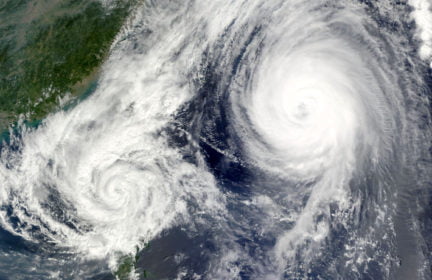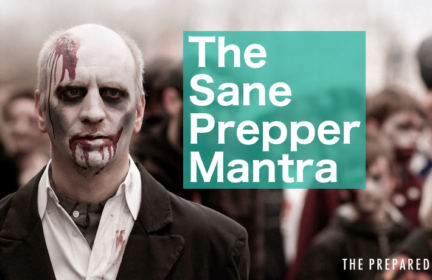Prepping for the End of the World (as we knew it)
The title wasn’t meant as click-bait. Sorry. But I do have a question for folks with respect to the mindset one has about…prepping.
Much of this site (and others), are rightly devoted to advising about how one endures an accute disaster. Whether it’s weather (hurricanes, floods), social (economic/societal collapse), or something else, like, a pandemic! And, then there are the outlier scenarios… like zombies.
But, I find myself starting to think about the future not in terms of how my “normal” life may be disrupted by an accute event. Rather, it’s about how we aren’t going back to that normalcy. More importantly, how whatever replaces the old “normal” could be far different and require some new thinking. Indeed, I’m almost convinced this is already the case.
So, a few general articles flew by my feed recently about the billionaire class. These were more specific to individual billionaires, but the theme fits with a lot of other general stories about the [new] state of the world. One article discussed how the conspicuously wealthy (Bezos, Gates, et al) have been investing heavily in residential real estate. Whether it’s REITs, or some new tech-AI that helps investors find/buy property… the fact is residential sector is being squeezed by large investor holding corps. And, to be fair, Warren Buffets made a huge push after the 2008 tanking (note: Berkshire Hathaway, the conglomerate, is now the largest US real estate firm). So, like many things, it’s been happening.
The other article was about how the same class of firms and individuals were not buying up farms. And, on the one hand, you can say that just like buying real estate, farms may be a “good investment”. But, the cynic in me wonders… is it good to have so few people be in charge of everything, including HOUSING and FOOD PRODUCTION??
All of this is to say, my prepping mindset is a bit different. Less about surviving 72 hours after a flood, more about being self-reliant in a world where food/housing security is dwindling.
-
Comments (11)
-

